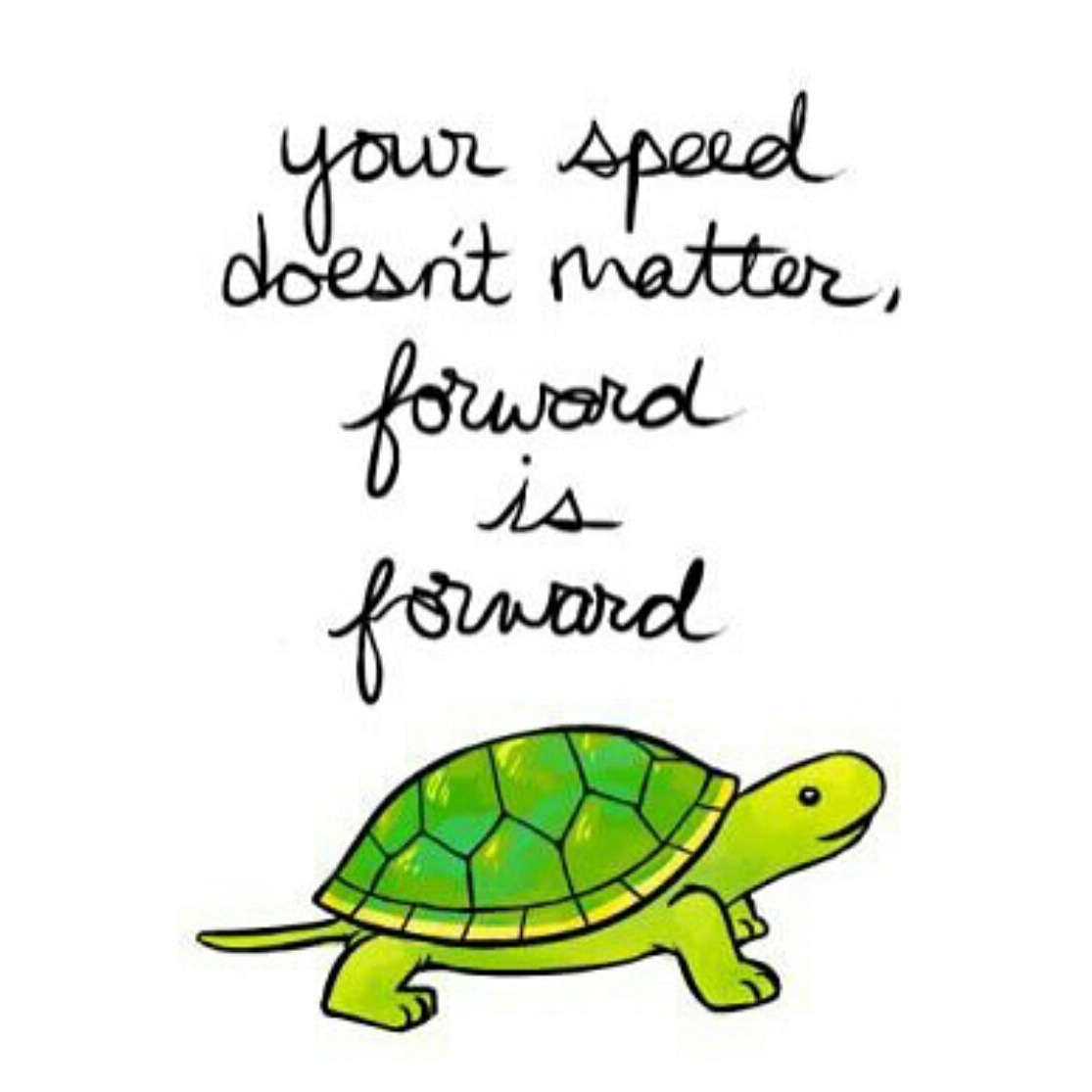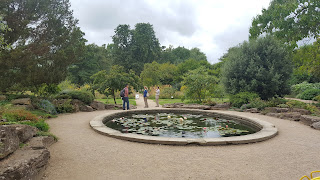It never fails to baffle me just how little people know about Type One Diabetes, so I guessed a quick-one-stop-shop for everything you need to know about T1D, whether you're an employer, friend, family member, partner or just nosy, may be of some use to direct people.
So here it is, your quick guide if you know a person living with Diabetes and want to clue yourself up. Read below some short, simple statements in attempt to answer your questions and cover the basics.
What is Diabetes?
 |
| Insulin injection pens, needle and blood glucose meter |
Type One Diabetes is an autoimmune condition where the pancreas stops producing a hormone called insulin. Insulin is used by the body to turn food into energy, which your body then uses as fuel so you can go about your normal day. Insulin keeps your blood glucose levels in range so you can function and perform everyday activities.
People with type one diabetes need to manually input insulin into their body every day by using insulin injections or an insulin pump and have to monitor their blood glucose levels using a blood glucose meter. They have to take a dose of insulin every time they eat.
 |
| Insulin Pump |
Type Two Diabetes, is substantially different, and develops when the body cannot produce enough insulin or for whatever reason, the insulin that is produced doesn't work properly. Type two diabetes can be treated with lifestyle changes, diet and medication.
People living with T2D may be moved to insulin injections in some circumstances.
What does living with type one diabetes mean?
Each time a person with Diabetes eats they need to take a dose of insulin. This is calculated manually by a ratio agreed with their medical team. People with Diabetes can eat whatever they want, as long as they calculate the carbohydrate content in every meal, snack or sugary drink.After a diagnosis of type one diabetes you need to ensure your blood glucose levels are at a safe level so you can go about your usual activities. As those with diabetes are replacing what is an automatic function from a healthy organ in a non-diabetics body, the room for error with insulin doses and meals is increased. This means we can have high blood sugar (HYPERGLYCEMIA), when there is too much glucose in our body, or low blood sugar (HYPOGLYCEMIA) , when there is not enough glucose in our body. Each are treated differently.
Symptoms of high blood sugar include but are not limited to:
- Extreme Thirst
- Tiredness
- Irritable
High blood sugars usually require what is called a 'correction insulin dose', this is usually a small amount of insulin to bring down your blood glucose level into a safe range. Drinking fluids may also be used to re-hydrate the body.
Symptoms of low blood sugar include but are not limited to:
- Shaking
- Slurred Speech
- Confusion
Low blood sugars require fast acting glucose, like Lucozade, to stabilise the blood glucose level into a safe range. People experiencing a low blood sugar may need 15-20 minutes in a quiet room to treat their levels.
Will I ever need to ring 999?
There is two circumstances where you may need to ring the emergency services.
1. If a low blood sugar becomes so low that the person with diabetes cannot give themselves fast acting glucose. If blood glucose levels drop too low the individual will have a hypoglycemic fit, because the brain is starved of glucose, and in turn cannot function properly.
The general rule is if the person becomes unresponsive, call an ambulance.
2. If a high blood sugar goes too high, the glucose in the blood will turn acidic and may lead to a fatal condition called DIABETIC KETOACIDOSIS. If you are aware the person with Diabetes has a high blood sugar, and cannot keep food or liquids down, they need to go to hospital.
Once admitted through A&E, they will be treated with IV insulin and fluids to re-hydrate the body.
Anything else?
Most importantly, having type one diabetes is not a label, and it does not stop you from doing anything.

























